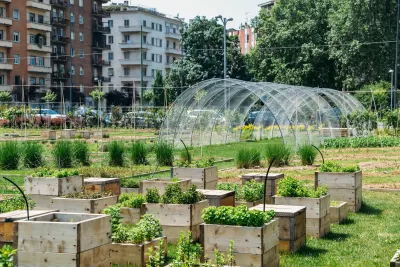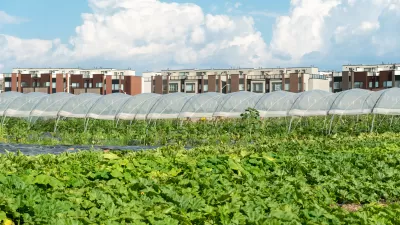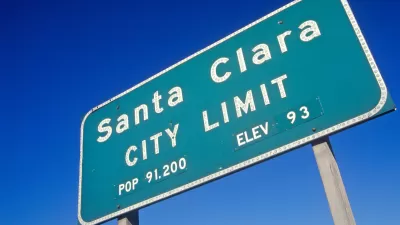Researchers looked at the carbon footprint of urban farming versus conventional, and the results were surprising.

Gardeners across the country are pushing back after recent findings from a study out of the University of Michigan suggested urban farming is less climate-friendly than conventional farming. “The research landed as cities including Detroit, Philadelphia, and Washington, DC, increasingly invest in urban agriculture to promote sustainability and become more resilient to the climate crisis,” reports Catherine Boudreau for Business Insider.
According to the study, fruits and vegetables grown on urban farms have on average six times the carbon footprint of produce from conventional farms. Critics of the study say its narrow focus on carbon emissions “overlooked the broader environmental harms of industrial-scale farming such as biodiversity loss and water pollution.” They are “worried the study would let conventional agriculture — which globally accounts for about one-third of greenhouse-gas emissions — off the hook and undermine a burgeoning movement to expand urban green spaces and promote food sovereignty,” Boudreau writes.
Researchers acknowledge that, while urban agriculture has myriad social benefits and 17 out of the 73 urban farms their team studied across the world did have lower footprints than conventional farms, the infrastructure used to build them and the crops grown on them make a difference. According to Business Insider, the research has led some urban gardeners to reevaluate their practices and incorporate a few of the best practices outlined in the study.
FULL STORY: Gardeners are fuming about a study that found produce from urban farms has a high carbon footprint

Alabama: Trump Terminates Settlements for Black Communities Harmed By Raw Sewage
Trump deemed the landmark civil rights agreement “illegal DEI and environmental justice policy.”

Planetizen Federal Action Tracker
A weekly monitor of how Trump’s orders and actions are impacting planners and planning in America.

Why Should We Subsidize Public Transportation?
Many public transit agencies face financial stress due to rising costs, declining fare revenue, and declining subsidies. Transit advocates must provide a strong business case for increasing public transit funding.

Understanding Road Diets
An explainer from Momentum highlights the advantages of reducing vehicle lanes in favor of more bike, transit, and pedestrian infrastructure.

New California Law Regulates Warehouse Pollution
A new law tightens building and emissions regulations for large distribution warehouses to mitigate air pollution and traffic in surrounding communities.

Phoenix Announces Opening Date for Light Rail Extension
The South Central extension will connect South Phoenix to downtown and other major hubs starting on June 7.
Urban Design for Planners 1: Software Tools
This six-course series explores essential urban design concepts using open source software and equips planners with the tools they need to participate fully in the urban design process.
Planning for Universal Design
Learn the tools for implementing Universal Design in planning regulations.
Caltrans
Smith Gee Studio
Institute for Housing and Urban Development Studies (IHS)
City of Grandview
Harvard GSD Executive Education
Toledo-Lucas County Plan Commissions
Salt Lake City
NYU Wagner Graduate School of Public Service





























